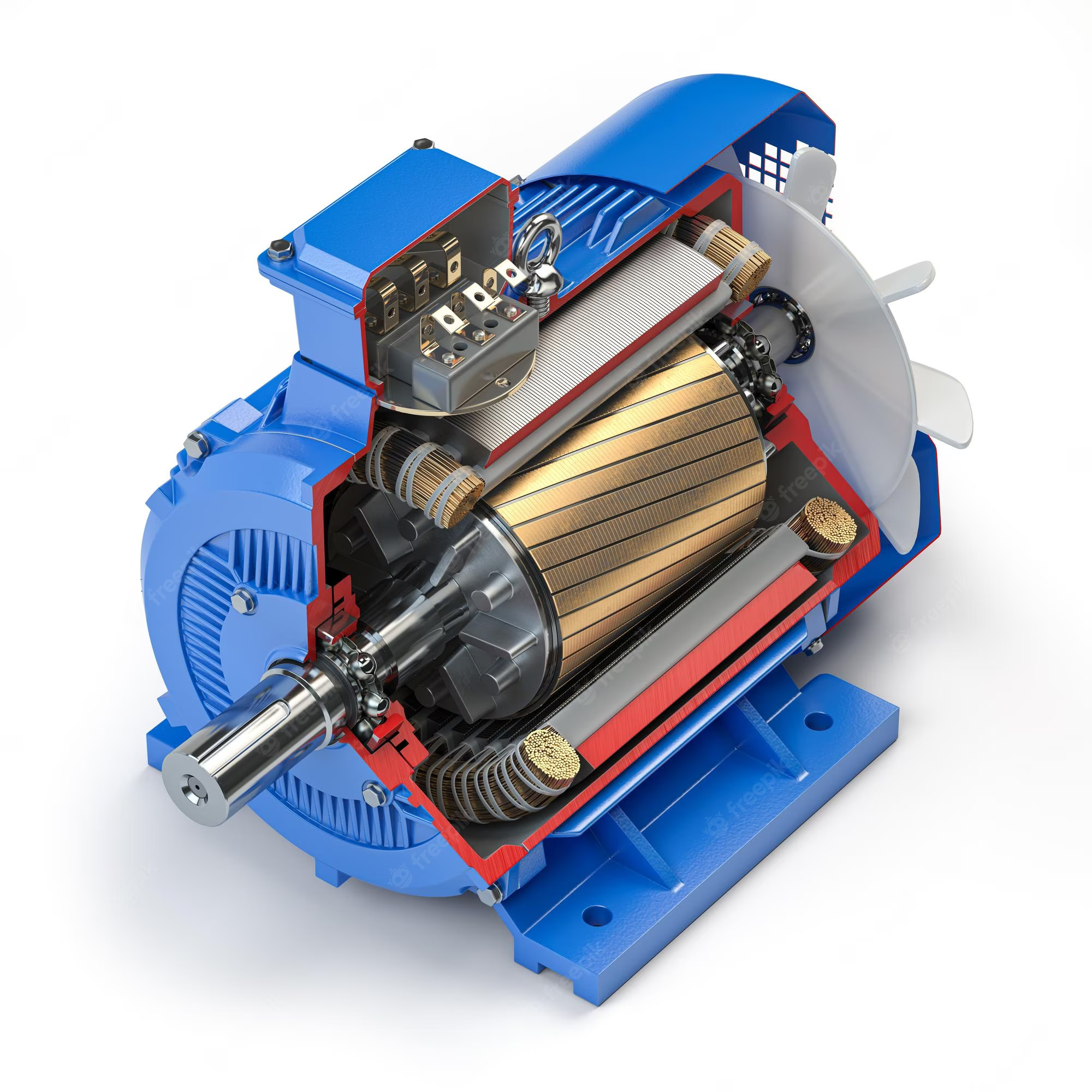Arduino vs Raspberry Pi: Which one is best for my project?
In the realm of single-board computers, Arduino and Raspberry Pi hold distinguished places. Arduino, renowned for physical computing and control of external devices, is primarily programmed using a simplified version of C++, which makes it beginner-friendly. In contrast, Raspberry Pi is a versatile, general-purpose computer capable of running multiple operating systems and supporting languages like Python, Java, and Scratch. Arduino boasts built-in analog inputs and outputs, while Raspberry Pi requires external hardware for these functions. The cost of an Arduino board is generally less, but Raspberry Pi offers superior processing power and graphics. The choice between the two often mirrors the decision between a calculator and a smartphone: both useful, but each showcasing unique capabilities. The Arduino is perfect for simple, sensor-driven projects, whereas the Raspberry Pi excels in complex tasks requiring more processing power, like data analysis or networking.



